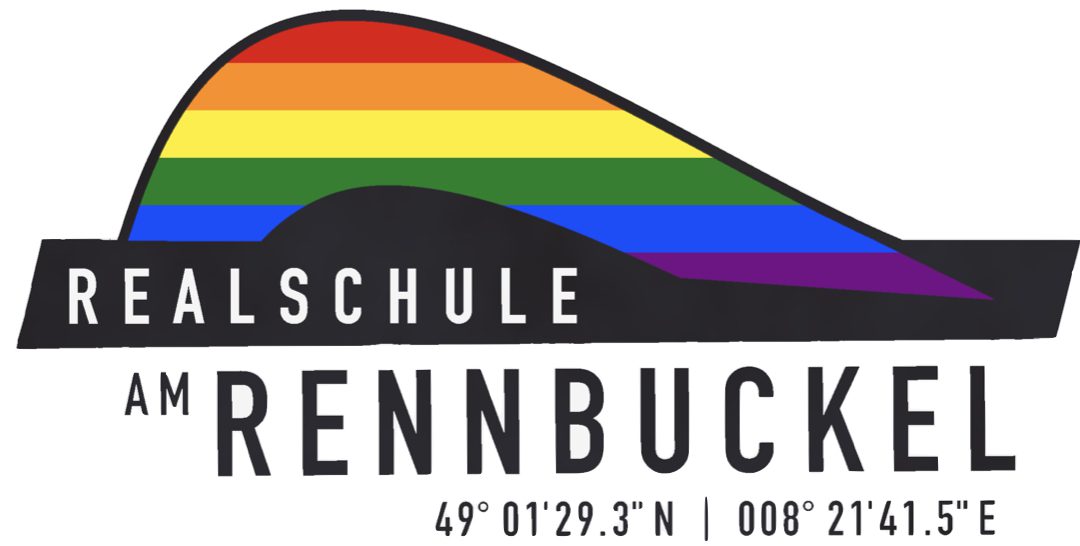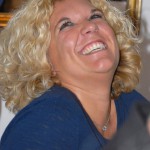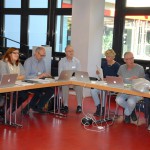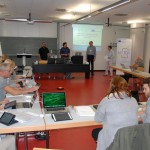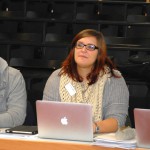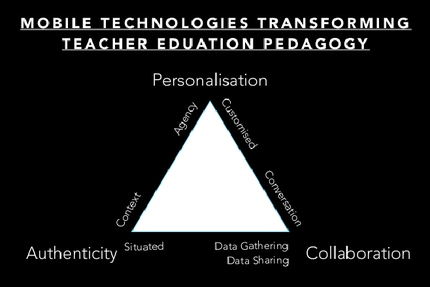In der Woche vom 28.09.15-02.10.15 kamen unsere Erasmus+ Projekt Partner von MTTEP zu Besuch nach Karlsruhe. Am Dienstag und Mittwoch wurde gemeinsam getagt und diskutiert. Im Fokus der internationalen Zusammenarbeit steht das Entwerfen einer Didaktik für Mobiles Lernen. An vielen Schulen weltweit wird mittlerweile mit Mobilen Endgeräten und Tablets unterrichtet und die Schulbuchverlage kommen wohl nicht hinterher. Das Unterrichten mit Tablets bedarf jedoch besonderer Lehr- und Lernkonzepte. Es reicht nicht aus, die alte Art des Unterrichtens einfach auf die neuen Medien zu übertragen. Vielmehr müssen sich die Aufgabenstellungen und Lernziele verändern. Diesen Unterricht zu entwickeln und am Beispiel von “best practice” Unterrichtsszenarien zu dokumentieren, ist die zentrale Aufgabe unseren EU-Projektes. Wir am Rennbuckel freuen uns sehr darüber, die Zukunft des Lernens, mitbestimmen zu dürfen.
Report on the meeting: Tue. 29th Sept. and Wed. 30th Sept.
We were meeting in Karlruhe ahead of the first of the multiplier events to be held at the end of the week – the Hull team saw Karlsruhe from the air as they flew in in brilliant sunshine on the Monday afternoon into Stuttgart airport. We started off the meeting by looking at the iPAC underpinning conceptual framework for the project. This was presented by Kevin Burden and Matthew Kearney who we were please to welcome in person from Sydney after his virtual appearance in Bergen. The framework was discussed and we considered how some of the things we were already doing fitted into the framework.
This framework is central to much of the next stages of the project as it forms the centre of both of the toolkit and the learning course which are our next outputs after the eBooks.
We moved on to look at the survey instrument we will use to help teachers and teacher educators to determine their own mobile learning skills and attitudes. There will also be a survey for students in schools as we need to be able to determine if the tasks that we think fit within the framework are seem in similar ways to the students / pupils in our schools.
On Wednesday we discussed how will will produce 12 learning scenarios which will offer exemplification of the various parts of the framework .For more on the framework you can read the more about the pedagogical perspectives at this link. We also worked on the final arrangements for the multiplier event to take place on the following day.
We look forward to our next project meeting which will be in Rotterdam in 2016.
